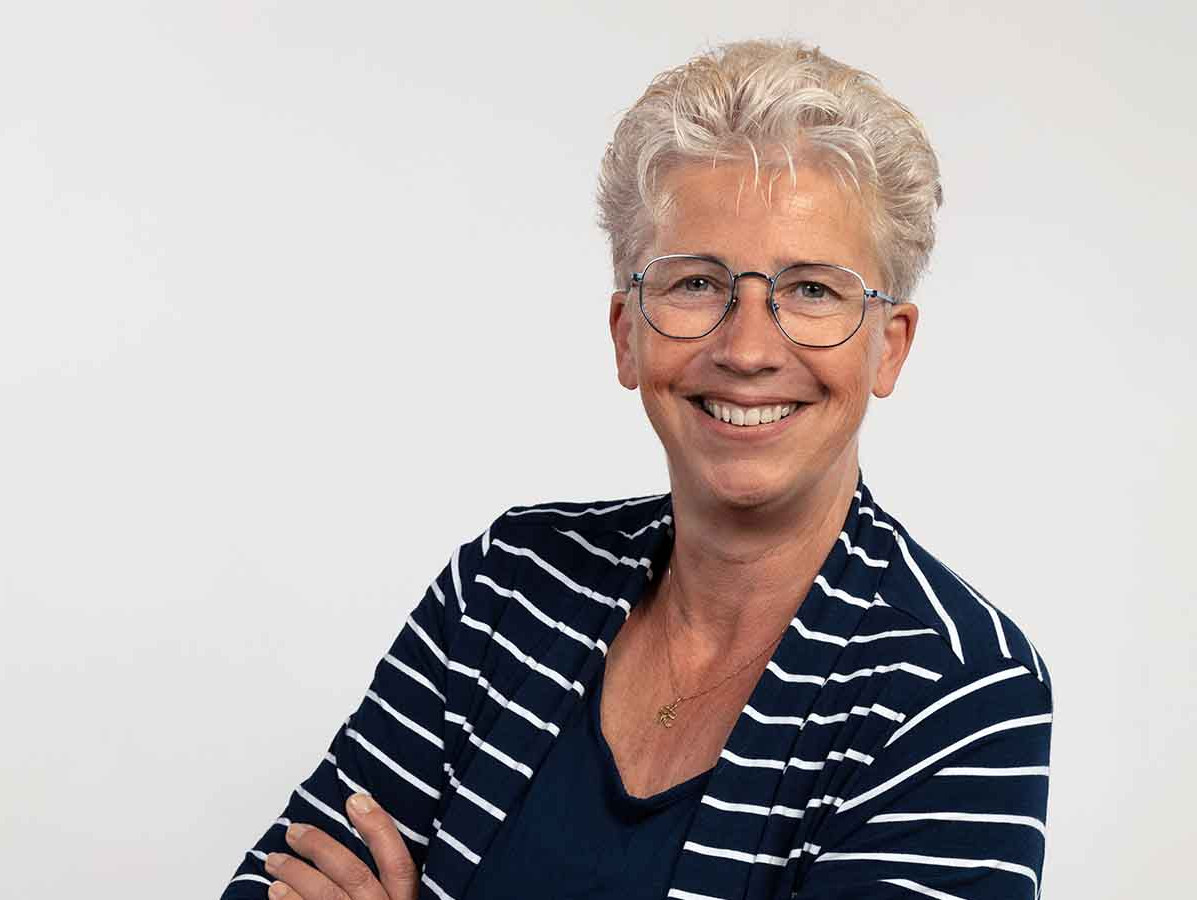
Food safety and allergies pose a serious challenge within our food system, where both prevention and response are critical. General practitioners and hospitals play a key role in this. They are often the first point of contact for individuals struggling with allergic reactions and unknown symptoms. A swift and accurate diagnosis can be a matter of life and death.
It has recently been shown again that such diagnoses often leave much to be desired. A friend of mine was told, ‘You're hyperventilating, this is a burn-out. Just rest up at home.’ The general practitioner didn't even want to see him, handling it over the phone. After two trips to the emergency room and two calls to ambulance services, finally an assistant saw the need and arranged an appointment with a neurologist. After an urgent MRI, he was rushed into surgery. It turned out to be a close call. He had been struggling for three weeks with severe headaches and neurological symptoms, and nobody listened to him. Situations like these can make me quite angry.
Back to food. We do everything we can to prevent people from getting sick from it. When factories do not take their cleaning processes seriously, it can have deadly consequences. The risks increase when there is insufficient knowledge within the medical sector about the presence of allergens or bacteria in food, leading to inadequate responses.
The food producer does everything to produce hygienically and ensure food safety, guarding against cross-contamination and ensuring proper labeling. If something still goes wrong, you are left in the mercy of a failing healthcare system! This needs to be addressed. Because in the end, it is about the health of the consumer, which we all must protect.
Saskia Stender
Source: Vakblad Voedingsindustrie 2024